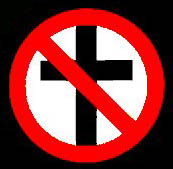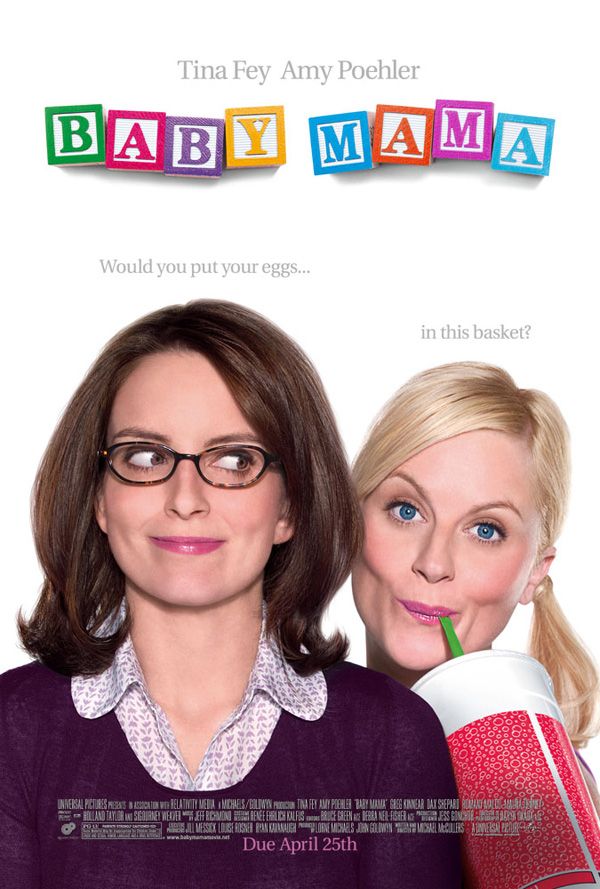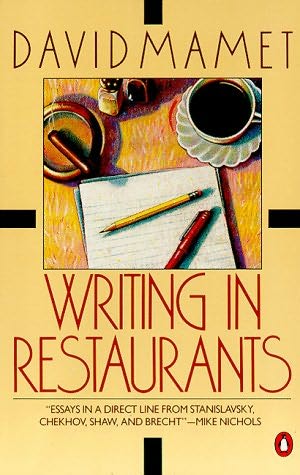
1. You don't talk about politics and religion. I was reminded of this on a daily basis in high school and the first couple years of college. Why wouldn't you talk about politics? It's the one thing that impacts all of us. Why not talk about belief or lack thereof belief in god? It seems like everyone has a view on god. Hell, some high schoolers have one view and that's how god is keeping them from using their forbidden parts. Anyways, I liked writing about politics and religion more than anything else. This got me in trouble. I was picked to be editor of my high school newspaper the first month of senior year. Before that, I would write about music, film and general pop culture stuff for the paper. This soon changed. The first issue I oversaw featured negative op-eds about the schools mandatory religious retreat, positive reviews of Kevin Smith's "Dogma" and how the Catholic church needs to completely overhaul their views on gays and lesbians. When the paper was released during the last period of a Friday, I was quickly called down to the main office to explain why I printed each story. By the next Friday I was relieved of the position. By the Friday after that I had begun my first zine, Foul Issue 1.
2. I wrote about politics at 17 because I figured going into politics would be the best way to change the world. Sure, punk bands are cool, but they don't solve world issues, that's up to politicians. In retrospect I was a naive teenager, but I wish I still held those naive beliefs. By the second year of college as a political science major, I learned what I already knew, that business and money control most of everything. Following politics became like following celebrities. I went back to writing just about music, films and pop culture for the college newspaper. I'd write some columns about politics, like my Vote or Pie campaign (think P. Diddy's Vote or Die but more delicious), but for the most part, I was done. I did get the chance to see Obama's 2004 senate campaign up close, but I was more of a spectator than a journalist, recording interviews for radio work.
By the time I hit drinking age, politics were boring. Hell, I understood why people voted for Bush, that guy looks like a lot of fun. He might make everything I ever wanted to happen harder to happen, but that's cool, he just wants to party.
"The Daily Show" and "The Colbert Report" went from scathingly funny to my main news source. Checking reliable news sources on a daily basis stopped soon after the 2004 election cycle. In the last year I've been getting back into the political swing of things. I listen/watch "Bill Moyers Journal" weekly, get consistent political emails or links from my girlfriend about stories she thinks I'd like, read Thomas Frank, subscribed to NPR podcasts and made sure I knew the stance most presidential candidates took. But I still don't talk to most people about politics and religion. It's just rude.
3. McCain's VP pick is Sarah Palin. She's an NRA member. She is pro-life. She has a newborn and a teenage daughter that's pregnant. That's all fine and good. But hypothetically, if Sarah Palin is attacked by a male wielding a gun, rapes Palin and Palin becomes pregnant with the rapists child, would she change her stance on abortion? On guns?
I realize that because of this writing I will probably be checked out or monitored by the Secret Service or something. I don't want Palin or anyone to be raped with a gun to their heard. In fact, I'm not cool with non-gun rape and I'm not cool with guns. Yea, I take hard stances on difficult issues.McCain's VP pick Sarah Palin spoke last night at the Republican National Convention. She said:
I guess a small-town mayor is sort of like a "community organizer," except that you have actual responsibilities. I might add that in small towns, we don't quite know what to make of a candidate who lavishes praise on working people when they are listening, and then talks about how bitterly they cling to their religion and guns when those people aren't listening.
Since hearing this sound bite on the news last night, I might be as passionate as I was at 17. I worked with a community organizer in Chicago. He is underpaid and overworked. He resides in the community he works. His responsibilities include keeping under aged at-risk children in high school, helping gang members get out of gangs, helping former gang members receive job training, helping parents of children in the community learn English, help get guns off the street, help the elderly get to their church service and, maybe most important of all, be a living example of how someone with a college education can go back home and do something positive. Palin said a small-town mayor has more responsibilities. If you think I'm misinterpreting what she said, look up on paragraph. I used a quote.
4. I work in a bar. I've learned many valuable lessons in what not to discuss. Politics and religion are on that list. But fuck it. After seeing Kathy Lee Gifford this morning say that she just wants everyone to like everyone in politics, I'd like to get back to my roots. Today I will listen to Bad Religion and start pointless fights with people that don't agree with 100% of the things I say.














